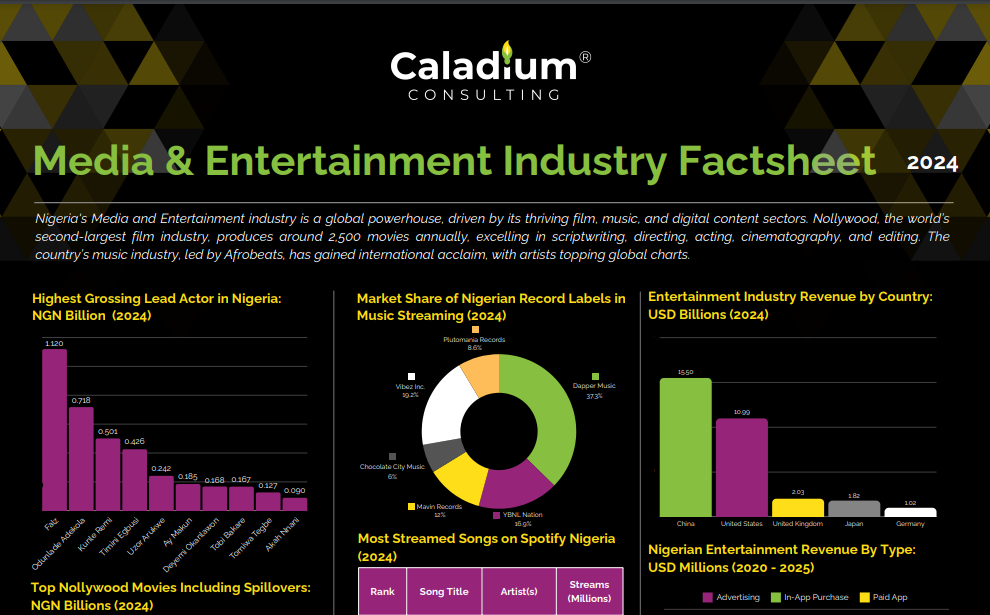Nigeria’s Oil & Gas Industry in 2024: Growth, Challenges, and Future Prospects
Navigating a Transforming Energy Sector
Nigeria’s oil and gas industry remains the backbone of the nation’s economy, playing a critical role in energy security, employment, and government revenue. Despite global market volatility, the sector is showing signs of recovery and growth, driven by increased refining capacity, infrastructure investment, and technological advancements. In 2024, Nigeria’s crude oil production reached 1.5 million barrels per day (bpd), marking an upward trajectory that is projected to reach 1.7 million bpd in 2025.
The industry is also experiencing a shift toward domestic refining, reducing reliance on expensive fuel imports. As refinery capacity utilization surged to 65% in 2024—up from 30% in 2023—Nigeria is strengthening its energy independence and cutting foreign exchange losses. However, challenges such as investment bottlenecks, fluctuating global oil prices, and environmental concerns continue to impact long-term sustainability.
Government Policies and Sector Investments
The Nigerian government has been actively supporting local refining and oil production expansion through regulatory reforms and incentives for private sector participation. The rise of the Dangote Refinery, which holds 44.4% of Nigeria’s refining capacity, is a testament to this strategy, significantly improving the country’s ability to process crude oil locally. Other refineries, including Port Harcourt (27.8%), Warri (18.5%), and Kaduna (9.3%), are also contributing to the sector’s resilience.
Investment in Nigeria’s oil and gas sector continues to grow, with refinery modernization and offshore drilling projects attracting both local and international stakeholders. However, Nigeria’s oil exports remain critical to revenue generation, with India (25.5%), Spain (18.4%), and the USA (10.2%) being the largest buyers of Nigerian crude. This highlights the global importance of Nigeria’s energy resources, even as local refining expands.
Economic Impact and Job Creation
The oil and gas industry remains a major contributor to Nigeria’s GDP, with its share rising to 5.57% in 2024, up from 5.48% in 2023. This steady growth underscores the sector’s resilience and continued significance in the country’s economic structure.
Employment in the sector is also rebounding, with direct jobs increasing from 60,000 in 2023 to 63,000 in 2024, while indirect employment grew from 220,000 to 240,000. As investments rise and production levels recover, the oil and gas industry continues to be a vital source of employment and economic stability.
Key Industry Challenges and Strategic Responses
- Oil Price Volatility: Global oil prices fluctuate due to geopolitical factors, affecting Nigeria’s revenue. Diversifying the energy mix and improving domestic refining can help stabilize earnings.
- Investment Gaps: Infrastructure projects and upstream development require significant funding. Encouraging private sector participation and foreign direct investment remains a priority.
- Environmental Concerns: Greenhouse gas emissions from Nigeria’s oil sector continue to pose sustainability challenges. Strengthening regulations and investing in clean energy initiatives will be key to balancing growth with environmental responsibility.
Despite these hurdles, Nigeria’s oil and gas sector is positioned for long-term growth, with rising local refining, expanding production, and increasing investments driving its future. The country’s ability to adapt to market dynamics while focusing on sustainable and efficient energy policies will determine the industry’s trajectory in the coming years.
Want More Insights?
For a deeper analysis of Nigeria’s oil and gas trends, production outlook, and investment opportunities, download our 2024 Caladium Nigerian Oil & Gas Factsheet.




Leave a comment